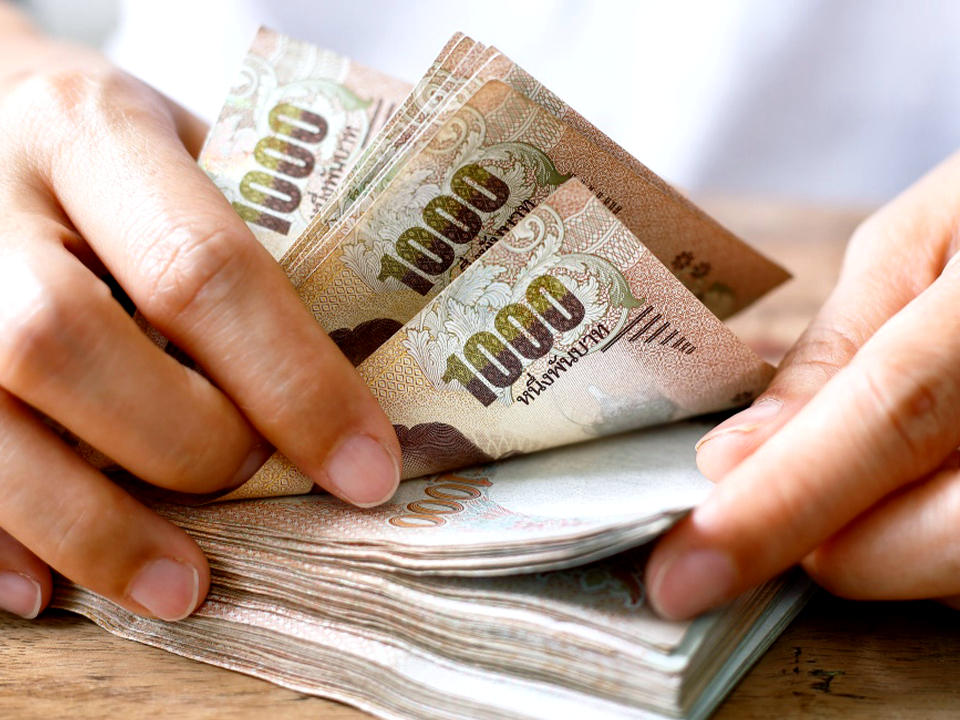
With the British pound theoretically worth more than 44 baht and the US dollar sticking at around 37 baht, many expats, vacationers and Bloomberg wonder if they are on a roll. Whether now to move foreign cash to Thailand is the question of the day. The truism is that, in times of international economic distress, world-stage investors flock to the US dollar which represents the world’s biggest economy. The fact that America has its own share of economic malaise and is run by an ageing president who has seen better days won’t affect that stark reality.
The current slide in the Thai baht has many roots. Recession and rampant inflation worries are coupled with concerns about the revival of Covid which has dampened vaccine optimism. International tourism, leaving India aside, is sluggish partly as a result of airlines reducing the availability of flights from popular bases in mainland Europe, Britain and the United States. There are concerns about the slowdown of economic growth in China which is a very significant trading partner with Thailand. Finally, the Bank of Thailand has refused to hike interest rates significantly to curb inflationary pressures because of the presumed negative consequences elsewhere in the economy.
Meanwhile the British pound has its own dilemmas. UK businesses have just posted their slowest growth since February last year accompanied by warnings of higher inflation yet and threats of recession. Polls suggest that British foreign secretary Liz Truss will become the new prime minister in September. Her expensive tax cutting program is looked on with disdain by most international agencies, including the International Monetary Fund, as likely to push up inflation even faster. But the key to 10 Downing Street lies in the hands of 190,000 mostly-affluent Conservative party members who probably made up their minds months ago.
Currency predictions are always made on swampy ground. It was widely assumed that Brexit would doom the British currency which simply hasn’t happened. Another myth is that military coups in Thailand bring about the decline of the baht which is certainly untrue: putsches are popular amongst financiers as they tend to quell arguments. At any rate in the short term. If the Russo-Ukraine war ended, for whatever reason, or if NATO troops got involved directly in the fighting, all bets would be off. If the latest Covid outbreaks worldwide led to another economic collapse … well, you know!
Trading Economics, using a global economic model, is sort-of indicating that the Thai baht will rise by less than one percent by September against major currencies and will remain largely static next year. Barclays and Bloomberg, who hold major stakes in the currency world, emphasize that what we don’t know internationally outweighs what we do know. So it is guesswork after all. Meanwhile Thailand could well announce soon the lawful establishment of casino complexes. Guesswork comes into its own.
 |
 |
 |





